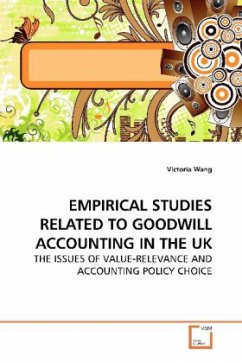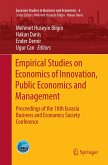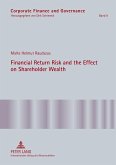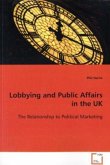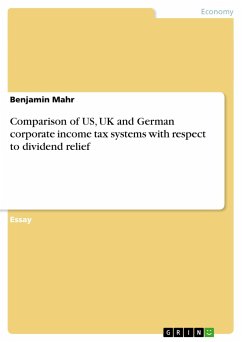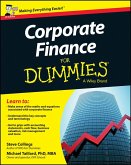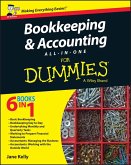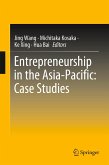The vast majority of UK companies took advantage of the option allowed in SSAP 22 which allowed purchased goodwill to be written off to reserves rather than being capitalised and amortised before FRS 10 was issued in 1997. This study examines four issues related to the change in the UK accounting regime. The questions addressed by this study are as follows. First, is purchased goodwill value-relevant, regardless of whether it is capitalised or immediately written off to reserves? The test goes further to examine if capitalised goodwill is incrementally value-relevant beyond the undifferentiated aggregate amount of capitalised goodwill and uncapitalised goodwill. Second, if goodwill is viewed as an asset, is there any evidence in the association between market value and previously acquired goodwill of different ages and in the association between earnings and previously acquired goodwill of different ages that goodwill diminishes in value through time. Third, what are the characteristics of companies that elect to early adopt FRS 10? Fourth, why do companies choose to reinstate previously written-off goodwill when following FRS 10? The results should be helpful to IFRS adopters.
Bitte wählen Sie Ihr Anliegen aus.
Rechnungen
Retourenschein anfordern
Bestellstatus
Storno

